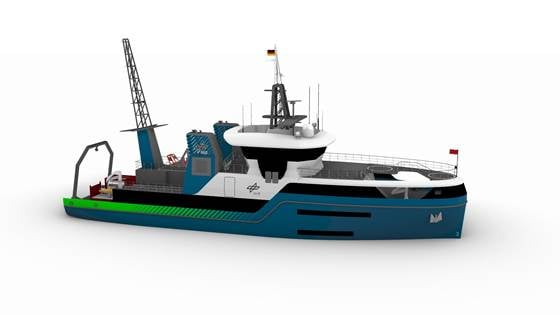
eWave
Efficient HV-electric modular battery and distribution systems for sustainable WAterborne VEssels


Efficient HV-electric modular battery and distribution systems for sustainable WAterborne VEssels
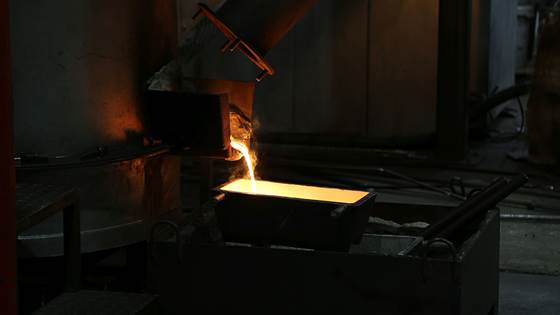
The Mecalo project will use hydrogen to convert CO2 emissions from metal production into a raw material that can be returned to the value chain. This way, the production of critical raw materials like silicon and manganese can be made CO2-neutral...
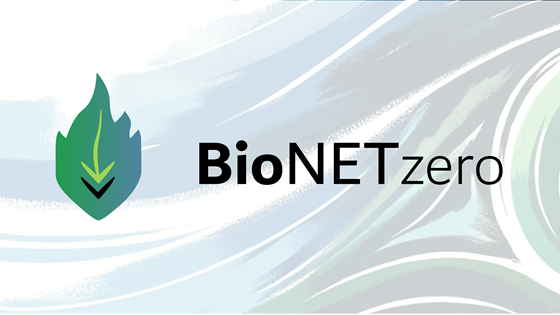
Integrated oxy-combustion solutions for flexible, bio-based combined heat and power

CO2 routes across Europe

Demonstrate and test a new Compact Once Through Steam Generator (COTSG) as a core component of offshore Combined Cycle Power Plants (CCPP)
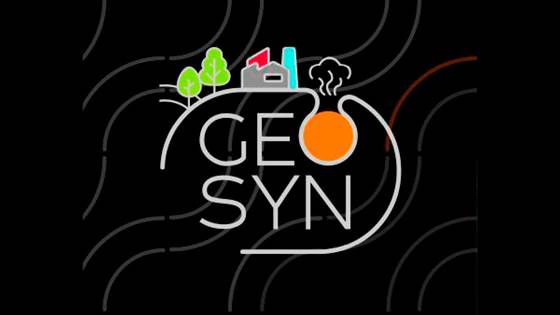
The project improves industrial energy efficiency by integrating geothermal energy with high-temperature heat pumps and heat-driven cooling systems, ensuring environmental sustainability and operational flexibility.
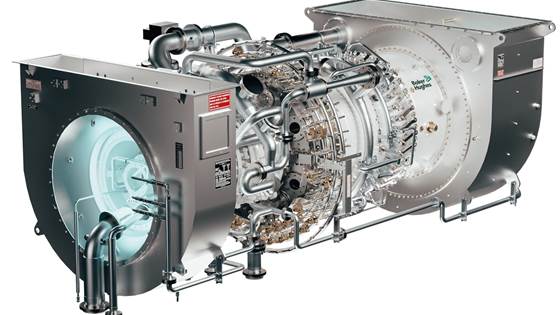
The HyPowerGT project aims at moving technological frontiers to enable gas turbines to operate on hydrogen without dilution.

Developing optimal solar systems for industrial heat and power Horizon Europe Innovation Action

MISSION will develop and demonstrate three new SF6-free switchgear components for medium and high voltage (MV and HV).
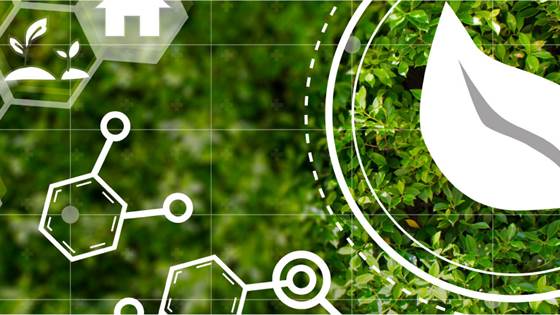
Redesigning the Primary Sector for Maximizing Bioeconomy Development
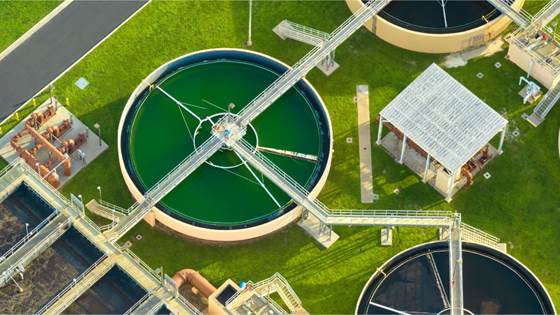
A rEVOLUTIONary approach for maximising process water REuse and REsource REcovery through a smart, circular and integrated solution
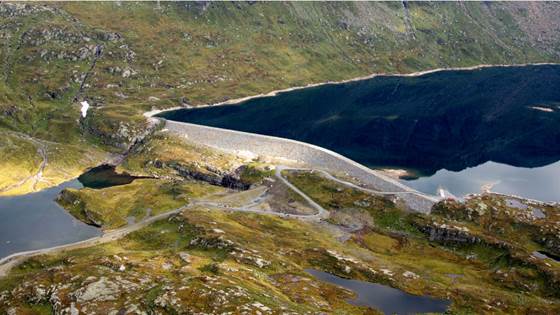
ReHydro will introduce a new paradigm to boost European leadership and competitiveness in the hydropower industry and provide new sustainable solutions that are replicable at European and global levels.
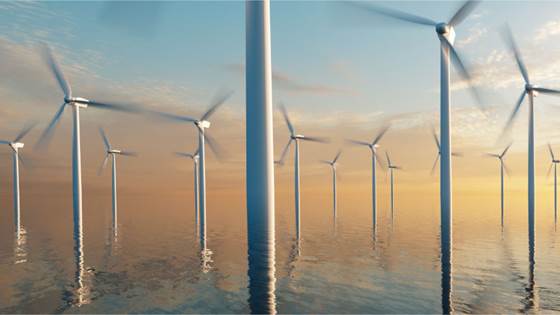
Wholistic and integrated digital tools for extended lifetime and profitability of offshore wind farms

Carbon capture from syngas to Single Cell Protein (SCP) and use as fish feed ingredient
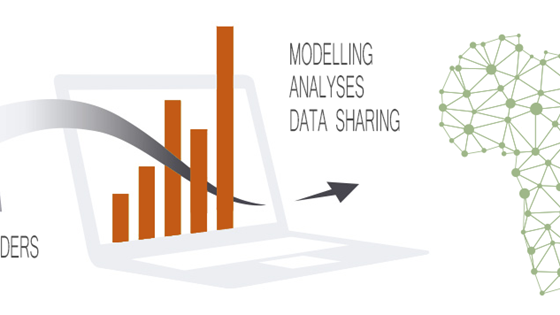
OpenMod4Africa aims at developing sustainable and reliable energy systems in Africa, and is set to make a significant impact on the continent's energy landscape.
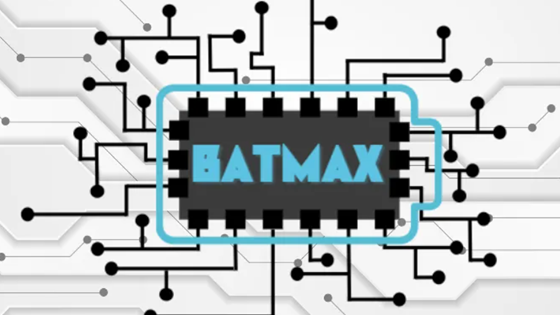
Physics and data-based battery management by multi-domain digital twins (BATMAX) sets out to pave the way for advanced next generation adaptable battery management systems capable of fulfilling the needs and requirements of various mobile and...
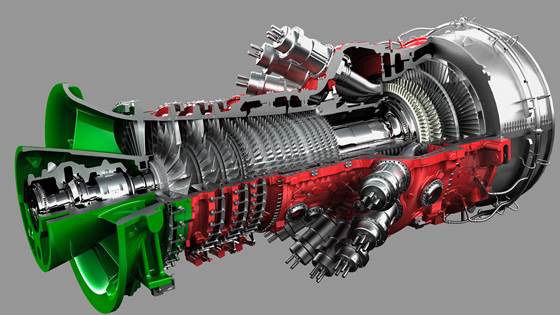
The project aims to validate a fuel-flexible, longitudinally staged (sequential) combustion system, named Constant Pressure Sequential Combustor (CPSC) and developed by Ansaldo Energia, for operation with any hydrogen concentration in natural gas, up...
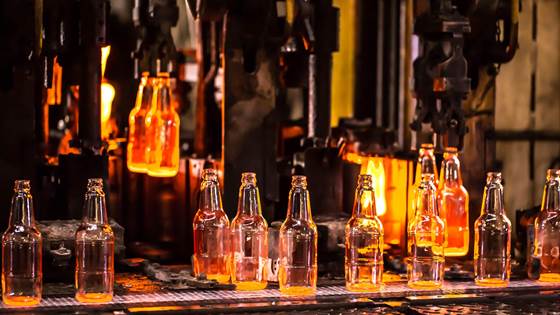
Advancing hydrogen (H2) technologies and smart production systems to decarbonise the glass and aluminium sectors

- Redox-mediated hybrid zinc-air flow batteries for more resilient integrated power systems.
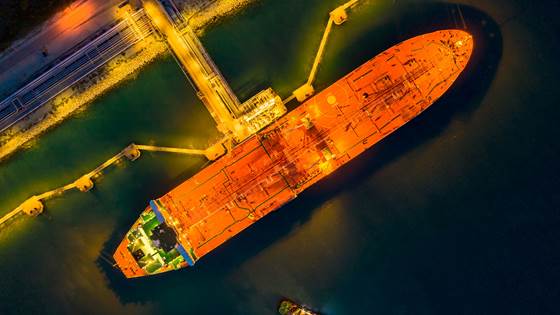
Accelerating the development of innovative energy storage systems to complement the use of batteries on vessels in order to achieve zero emissions.

The EU project SCARLET (Superconducting cables for sustainable energy transition) develops and industrially manufactures superconducting cable systems at the gigawatt level, bringing them to the last qualification step before a commercial...

The project wants to prepare a crucial technical and economical ground for large-scale removal of other greenhouse gases than CO2 from non-fossil sources.

ReNEW is a Horizon Europe project that will create and test new solutions for climate-neutral and climate-resilient inland waterways transport (IWT) and respond to the climate changes that affects the performance negatively.
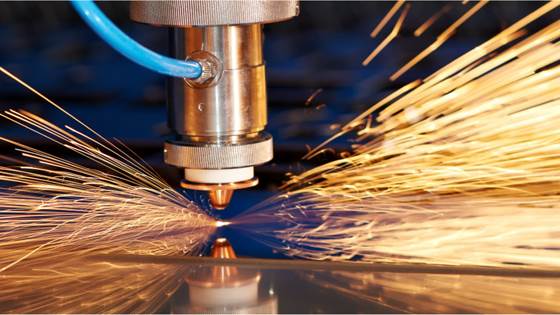
TRINEFLEX is a toolkit for Energy Intensive Industries: a service managing the digital aspects and the flexibility and sustainability transition of industrial processes.
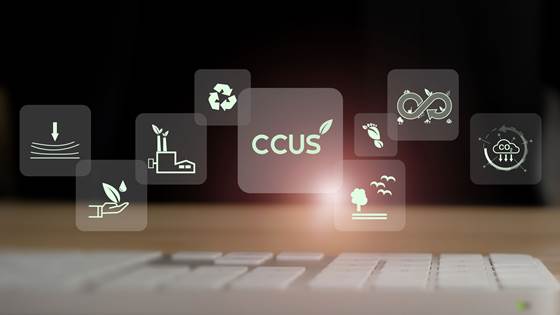
The overarching goal of this project is to bring together and further develop a strong inclusive network of CCUS stakeholders
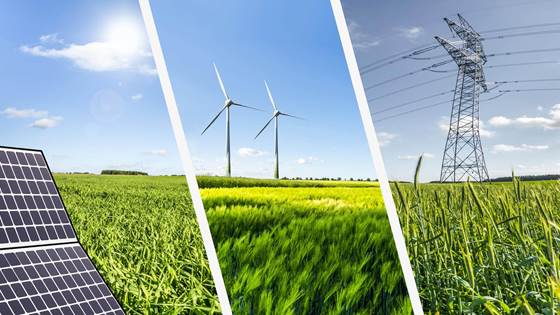
Flex4Fact aims to increase renewable penetration in the industry energy mix, overcoming the challenges of fluctuations in prices and availability. It will do so by exploiting plant production flexibility, energy stream optimisation and local...
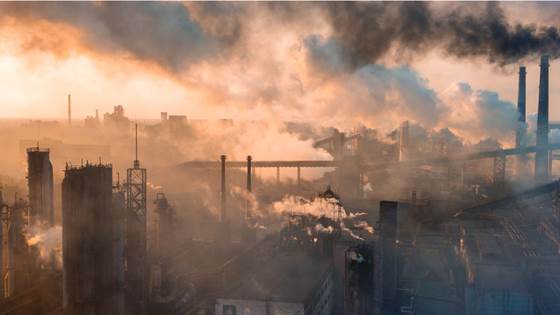
Within the EU, up to one third of energy for industrial thermal processes is lost through waste heat. The potential power generation from this resource through full use of ORC technology would represent around 7,6 million tons of CO2 equivalent saved...
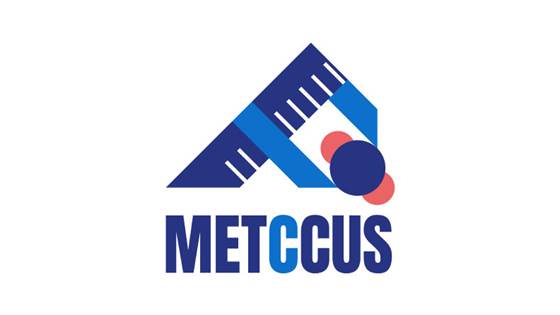
MetCCUS is a metrology project with focus on CCUS.

SET4BIO will bring together private and public actors in a joint effort to mobilise resources for and stimulate investments in the large-scale deployment of bioenergy and renewable fuels in Europe.
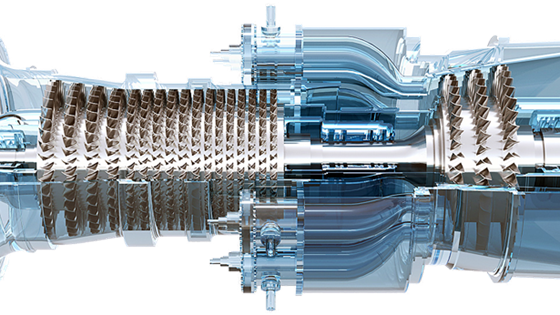
Future hydrogen assisted gas turbines for effective carbon capture integration
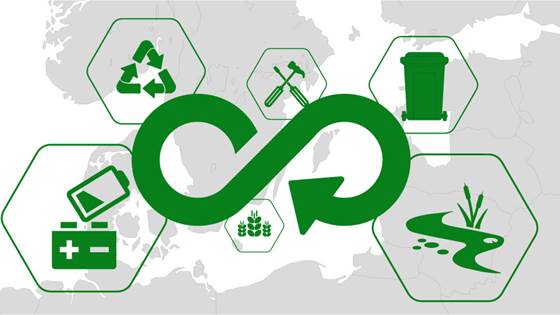
Territorial and regional demonstrations of systemic solutions of key value chains and their replication to deploy circular economy
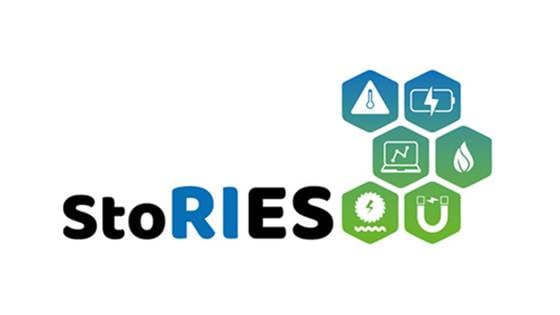
Energy storage is essential for the energy transition; but no single storage technology available today can meet this challenge on its own.
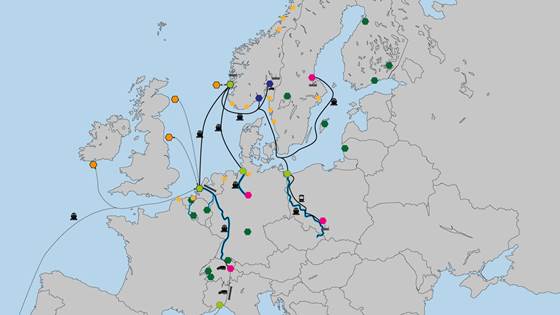
Providing access to cost-efficient, replicable, safe and flexible CCUS.
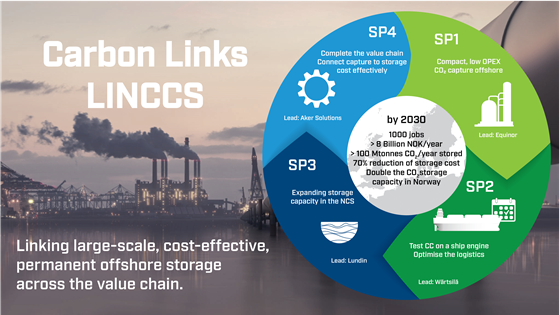
Carbon Links (LINCCS) - Linking large-scale, cost-effective, permanent offshore storage across the value chain.
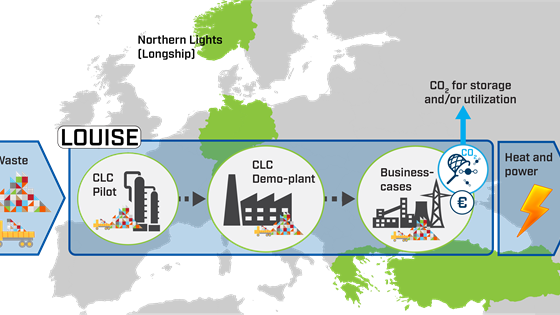
LOUISE aims to reduce the cost of CO2 capture by demonstrating an innovative method of generating power and heat from waste (and providing a concentrated stream of CO2 that can be used or permanently stored).
FRIENDSHIP plans to bring together research institutions, industrial designers, technologies & heat suppliers into the same consortium in order to unite skills towards the boost and control of the heat supply temperature according to processes needs.

IMPACT (Innovative Methods for Wave Energy Pathways Acceleration through Novel Criteria and Test Rigs) was a European project for the development and demonstration of a next-generation testing approach for Wave Energy Converters (WECs).
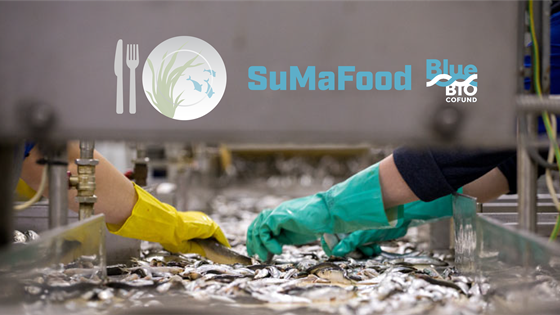
Reducing waste in the seafood value chain. SuMaFood intends to reduce food waste and increase the productive use of marine biomass by devising innovative methods of processing and preservation, and developing ingredients that will serve as the basis...
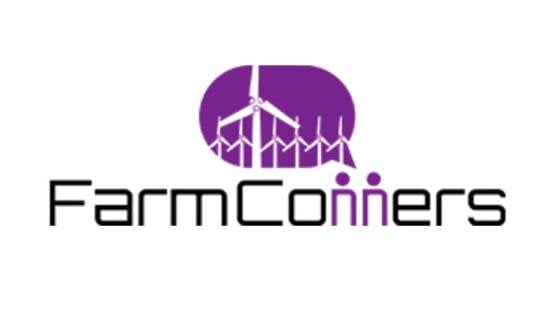
The FarmConners project supports the implementation and industrialisation of Wind Farm Control (WFC) as an additional feature for the development and operation of wind power plants. It brings together actors in all relevant fields connected with the...
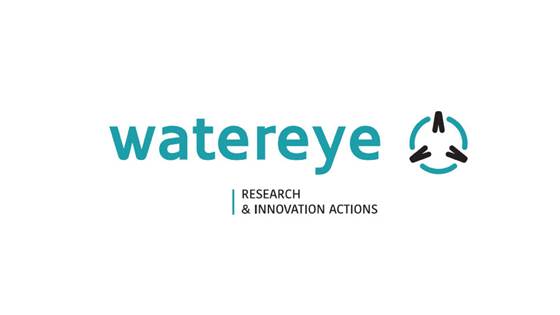
The Watereye project will design an advanced monitoring system that will make it possible to remotely detect corrosion levels
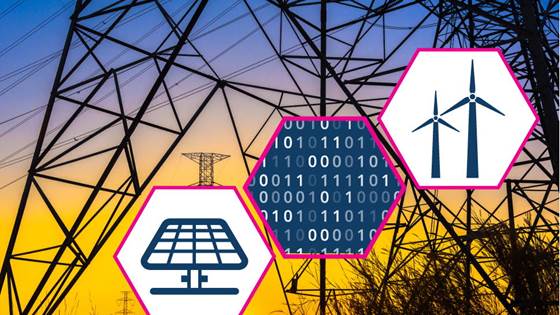
Advanced methodology and tools taking advantage of storage and FLEXibility in transmission and distribution grid PLANning.
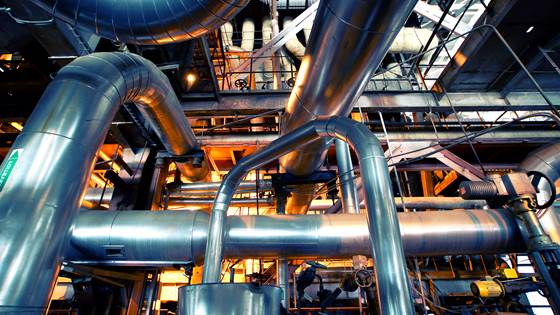
IMPACTS9 will support delivery of the R&I activities outlined in the Implementation Plan for CCUS through the provision of coordination and support to the key public and private stakeholders that are well placed to progress the SET-Plan...
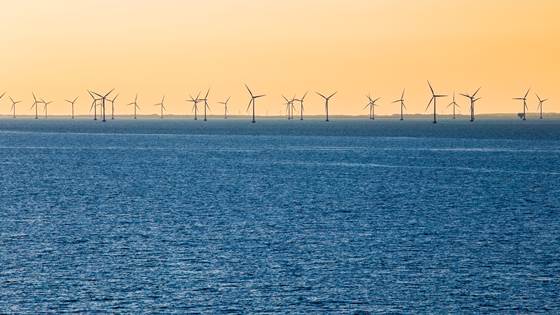
The EU Strategic Energy Technology Plan (SET-Plan) was launched in 2008 and updated in 2015. It coordinates European low-carbon research and innovation activities.
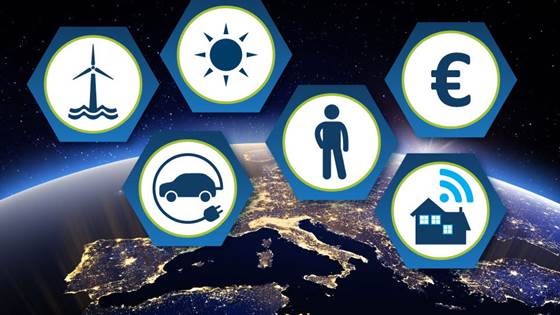
Energy system models are used, among other things, to understand different development pathways for the energy system and their consequences.
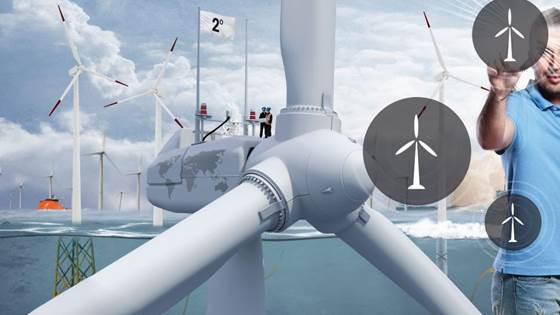
The ambition of the TotalControl project is to develop the next generation of wind power plant (WPP) control tools, improving both WPP control itself and the collaboration between wind turbine (WT) and WPP control.
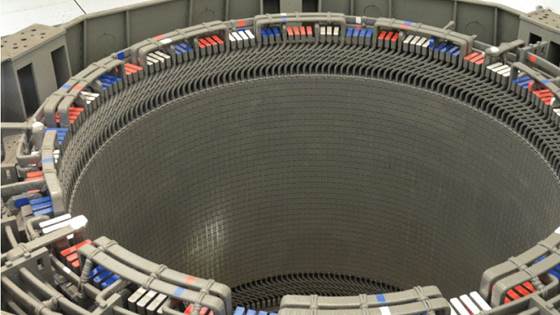
The HydroFlex project aims to develop new technology permitting highly flexible operation of hydropower stations. Flexibility of operation here means large ramping rates, frequent start-stops and possibilities to provide a large range of system...
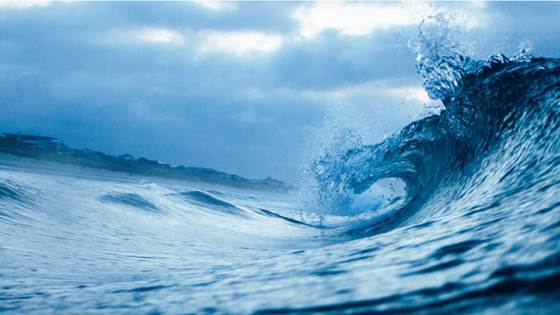
The MegaRoller project would develop and demonstrate a Power Take-Off (PTO) for wave energy converters.
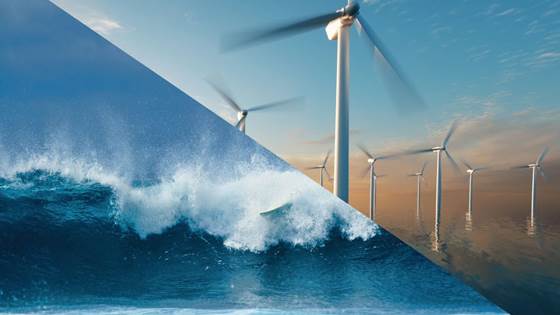
Evolving from the initial MaRINET project, EU H2020 is currently working with the project MaRINET2 towards a vision of exploiting the renewable energy potential of the oceans.
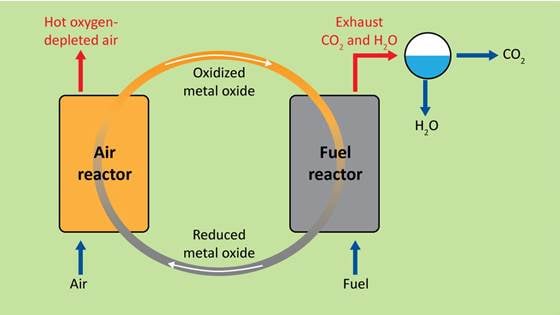
On 1 October 2017, a new Research and Innovation Action, designated CHEERS, was commenced under the EC-Horizon 2020 programme's Low-Carbon Initiative.
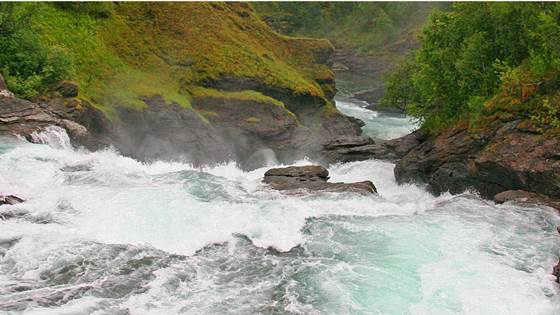
FITHydro - Fish friendly Innovative Technologies for Hydropower
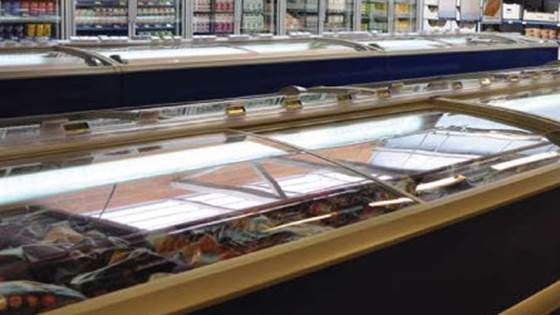
SuperSmart aims to achieve both decisive environmental benefits through a fast implementation of efficient heating and cooling solutions, as well as significant economic benefits through reduced energy use in the supermarket sector all across Europe.
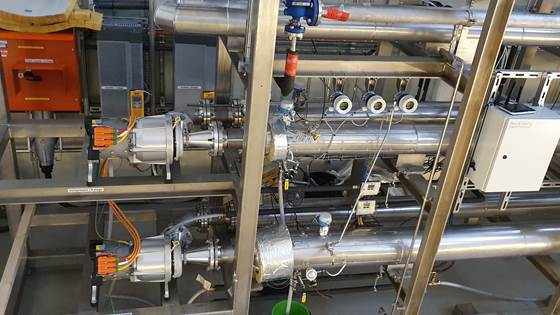
The overall objective of the DryFiciency project is to lead energy-intensive sectors of the European manufacturing industry to high energy efficiency and a reduction of fossil carbon emissions by means of waste heat recovery to foster competitiveness...
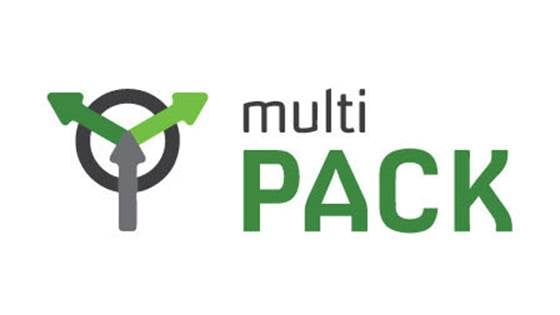
Demonstration of the next generation standardised integrated cooling and heating packages for commercial and public buildings based on environment-friendly carbon dioxide vapour compression cycles.
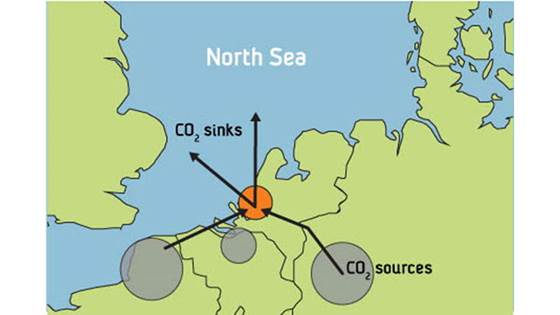
Accelerating a shift towards deployment of CCS in Europe through a cross-border CO2 transport infrastructure
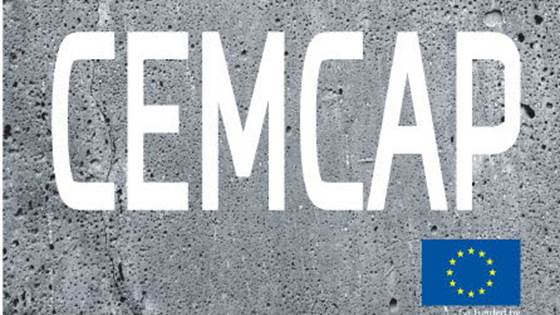
The Horizon 2020 CEMCAP project brings together CCS interests and research expertise from the cement industry with research expertise on CCS for power plants.
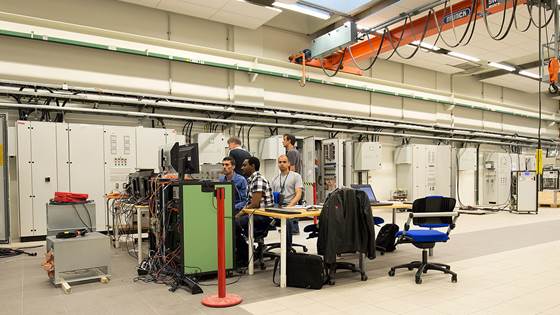
European Research Infrastructure supporting Smart Grid Systems Technology Development, Validation and Roll Out - project
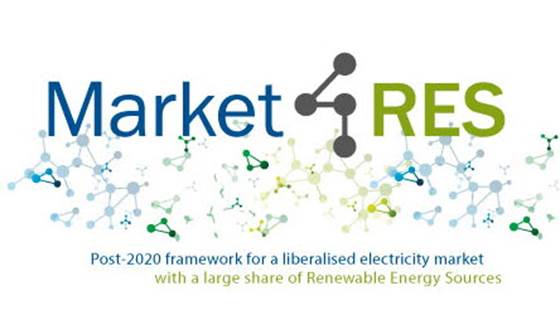
Post-2020 framework for a liberalised electricity market with a large share of Renewable Energy Sources
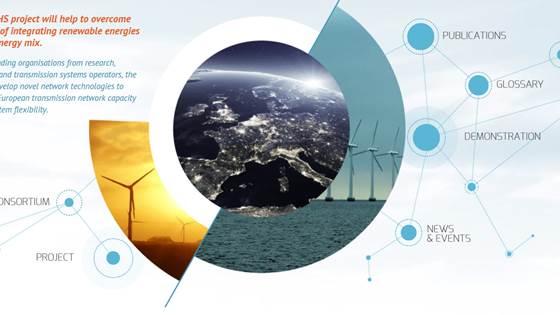
Transmission for sustainability
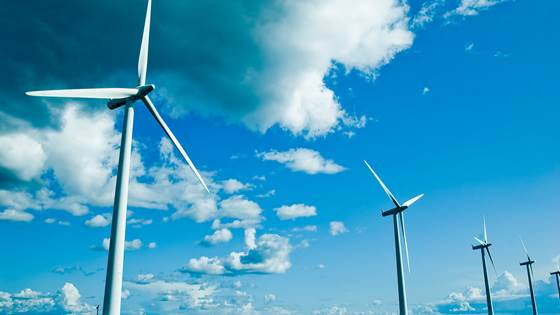
The aim of the IRPWIND is to foster better integration of European research activities in the field of wind energy research with the aim of accelerating the transition towards a low-carbon economy and maintain and increase European competitiveness.
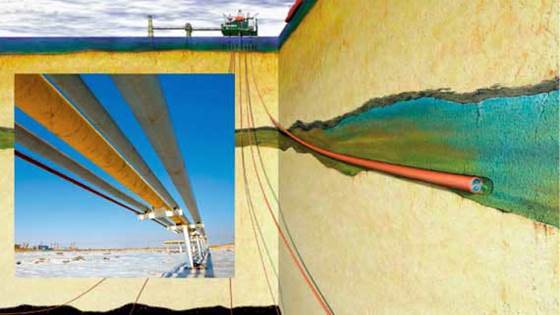
The idea of IMPACTS is to close identified knowledge gaps related to transport and storage of CO2-rich mixtures from various CO2 sources to enable realisation of safer and more cost-efficient solutions for CCS.